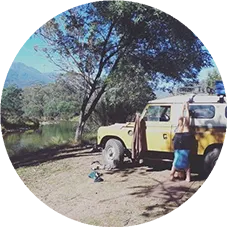Australia's recycling crisis is a good thing.
It's sending us backwards, a new kind of progression. It's raising important dialogue about issues we've been ignoring. And it's changing our habits.
When we were kids, Mum sent us to school with our lunch in paper bags (not plastic lined cheap K-Mart lunch boxes emblazoned with Disney characters) and we drank water out of the school taps (not fancy water bottles or worse, plastic ones). We weren't poor, and we weren't unusual - that's what everyone did. And then - progress. Somehow we were sold the idea that packagings and plastics were more convenient, hygenic and somehow cool.
But now, we're facing a crisis. Asia recently closed it's doors to Australia's waste partly due to the fact most of it is contaminated because we don't recycle properly. And so local councils are currently paying to send recycling to landfill. The suprise to me is the uproar against it - not that we should be sending it to China, but that we have to do something about it, and that something can start with us. The power is in the people. Facebook groups are springing up in every town, brimming with advice on what to do with our waste and how we can avoid it in the first place.
The idea now is to NOT recycle, but to refuse packaging in the first place.
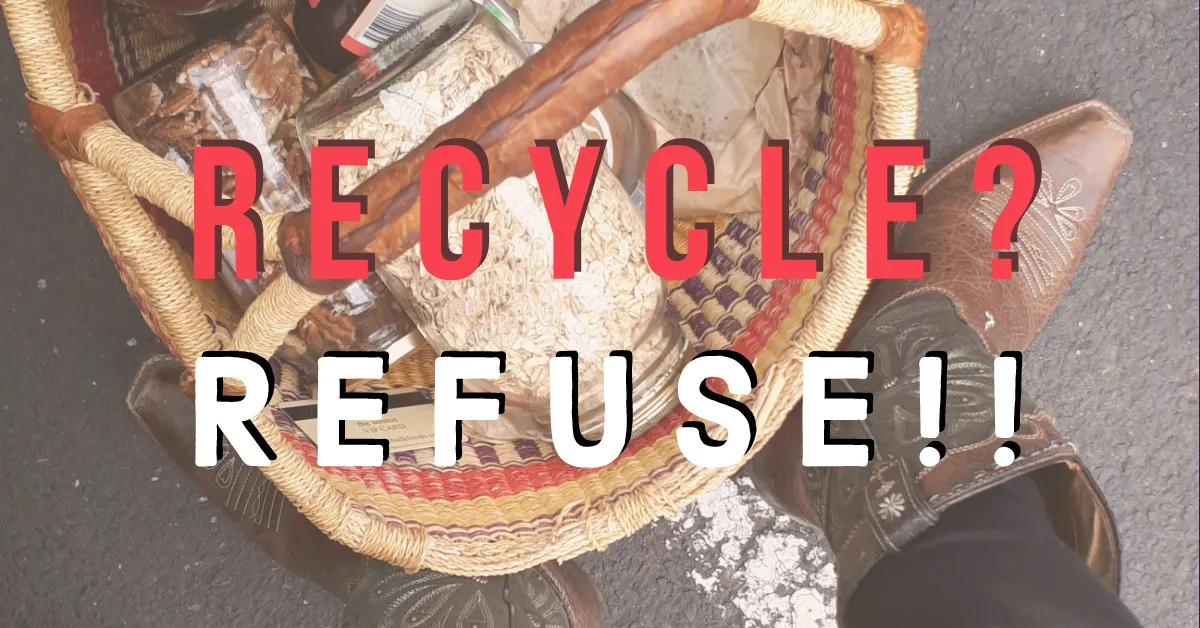
Businesses are offering the choice to take away their food in plastic containers, whereas not so long ago they'd refuse because of 'health regulations'. People are demanding such choices.
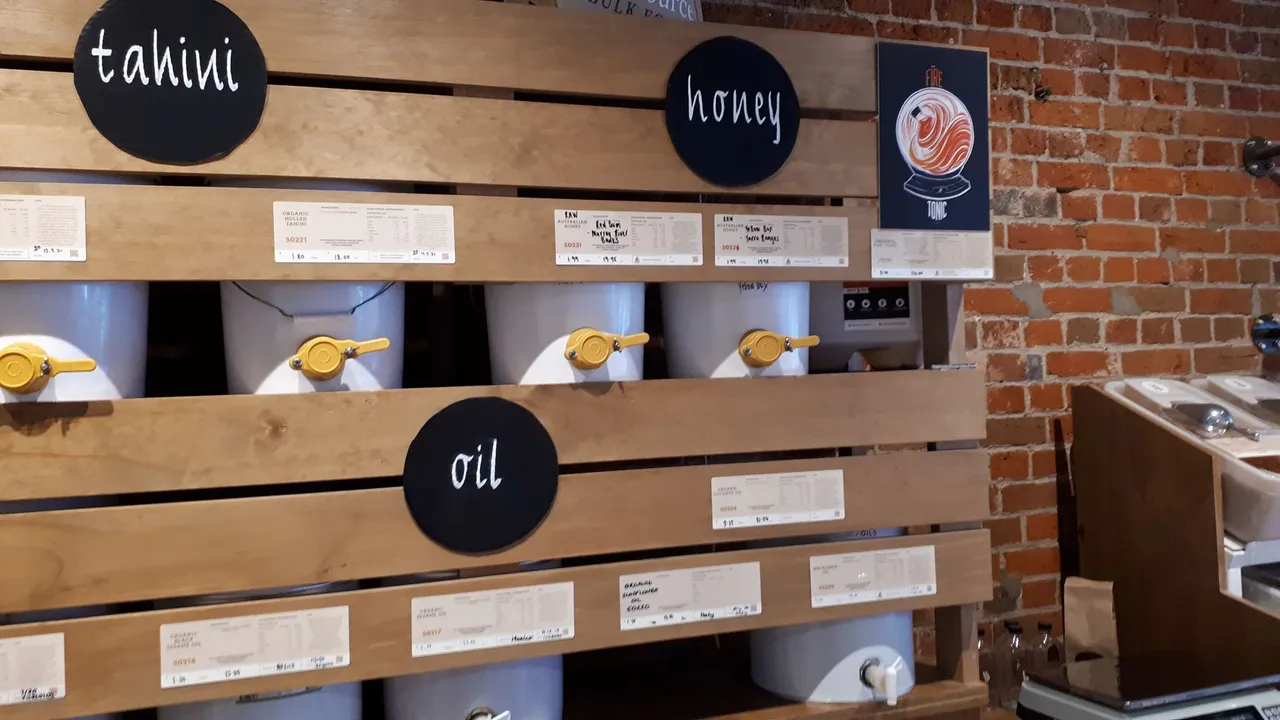
And so we go back to the past, eschewing plastics in favour of the jars we already have, and where we can refill them with what we need rather than buying them in triple layers of single use plastics.
Coincidentally, three wholefoods shops have opened up in my local area. The old one, run by a co-operative, shut down last year, after some thirty years of business. The new ones are booming - packed with everyone from mothers to grandmothers to young students bringing in all kinds of jars to fill with soaps, detergents, grains, pastas, flours and teas.
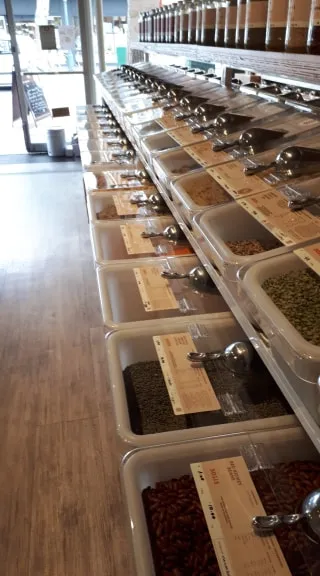
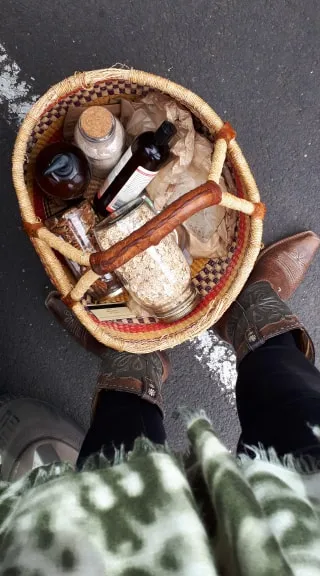
Whilst it may be a tad more pricey for some items, others work out the same or cheaper. It also depends on the wholefoods you go to. One also must check if they are legit.. one company apparently just opens a lot of plastic bags to stock their 'bulk' sweets counter. As usual, it pays to ask and do research.
I am very aware of my privilege as I write this - not everyone has the means to spend a few cents more on saving the Earth, and thats indicative of a larger social issue. I wonder if mainstream supermarkets will decide to go down this route to cater for growing demand. Somehow I am skeptical. There is also the problem of whether people prioritise the environment over the convenience of the local supermarket and its packaging, and being lured by marketing strategies.
I don't mind the supposed inconvenience of less packaging. It is all about routine. As soon as something runs out, or gets close to, the container goes in a basket by the door or I write a note on a fresh jar (mostly used coconut oil jars and other glass vessels) or on a list (paper bags are an option) ready for me to simply throw the basket in the car and take it to wholefoods. Too easy.
The best thing to my weekly wholefoods shop? Fair trade, organic, dark chocolate. By the scoopful.
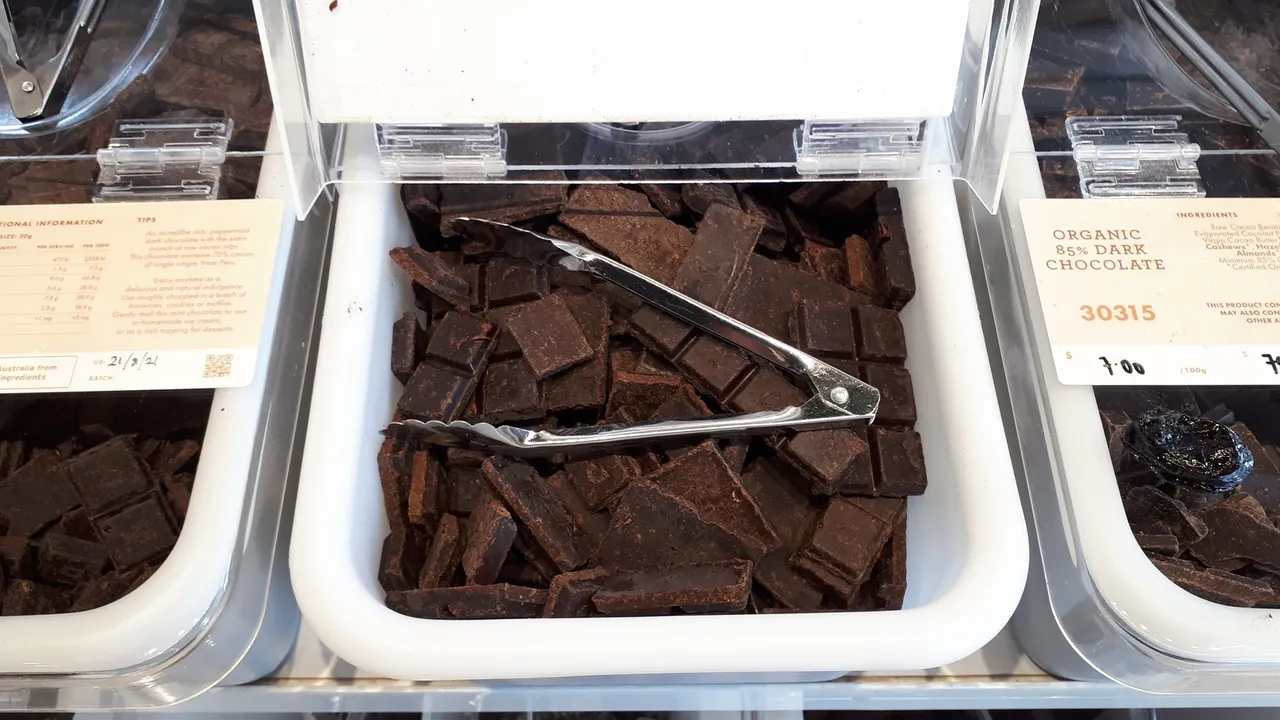
Do you buy food in bulk, sans packaging?
How do your countries manage waste?

@naturalmedicine II Discord Invite II #naturalmedicine


Discord 🧘About

